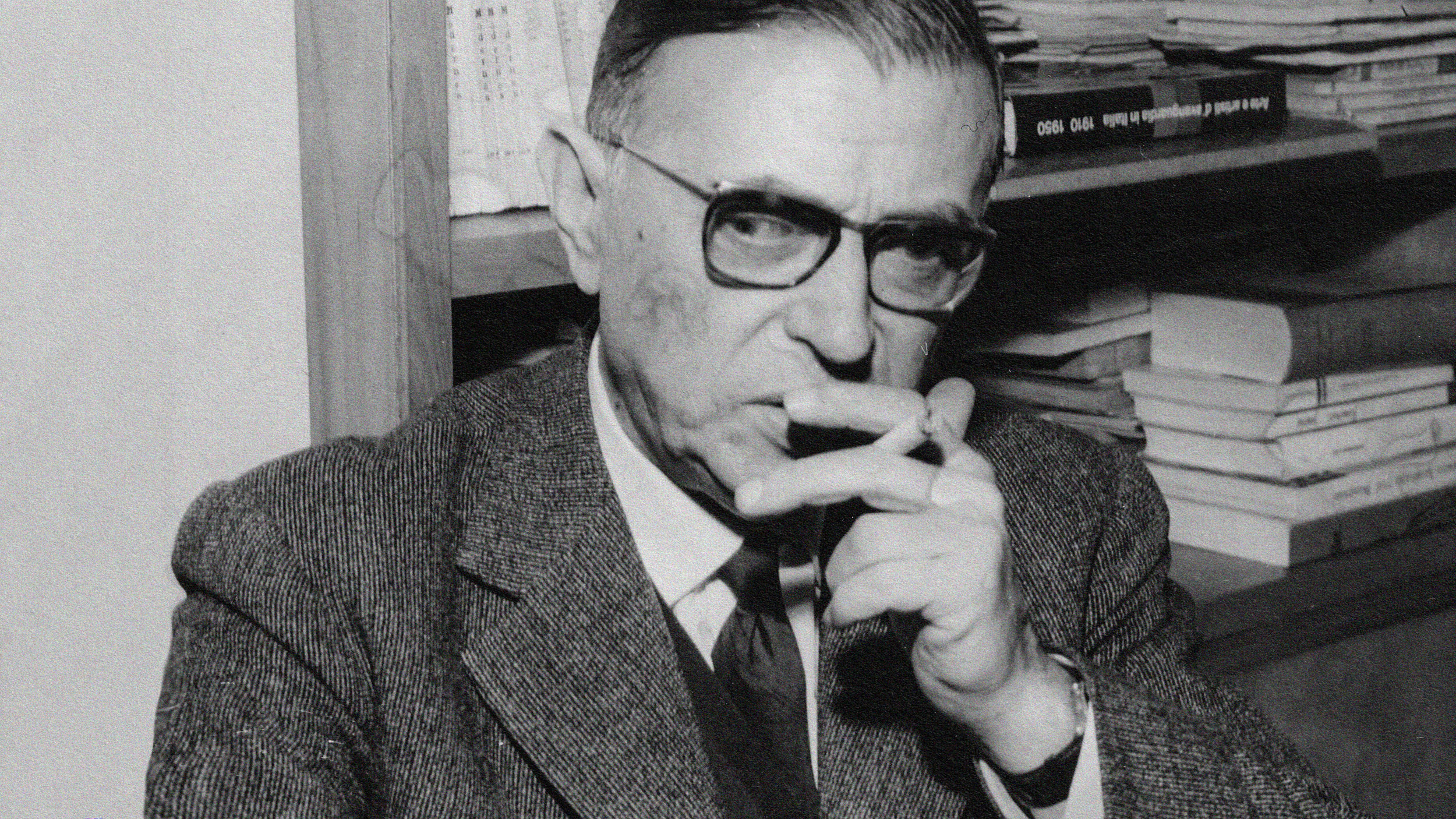Why Science Must Learn to Talk With Religion

What’s the Latest Development?
Last week, scientists working at CERN—the world’s largest physics experiment and arguably today’s vanguard of scientific advancement—organized a discussion meant to bridge the gap between scientists and the general population. CERN’s director general, Rolf Heuer, has expressed concern that scientists are operating outside the boundaries of human culture. “Heuer’s idea is that science might engage better with culture through a closer relationship with faith communities. It’s an interesting strategy, but it has big hurdles to overcome: most scientists aren’t all that interested in religion.”
What’s the Big Idea?
At Heuer’s discussion, the issue bubbling away under the surface—but rarely mentioned—was to do with containing extremism. “Just as publishing cartoons featuring the prophet Mohammed might be permissible in countries with a tradition of free speech, but is not always the most helpful of moves, scientists employing inflammatory language, however naively, will eventually create significant problems.” While an understanding of religion is not necessary to the process of scientific inquiry, it could help scientists mollify what is often perceived as their superior and confrontational attitude.
Photo credit: Shutterstock.com





